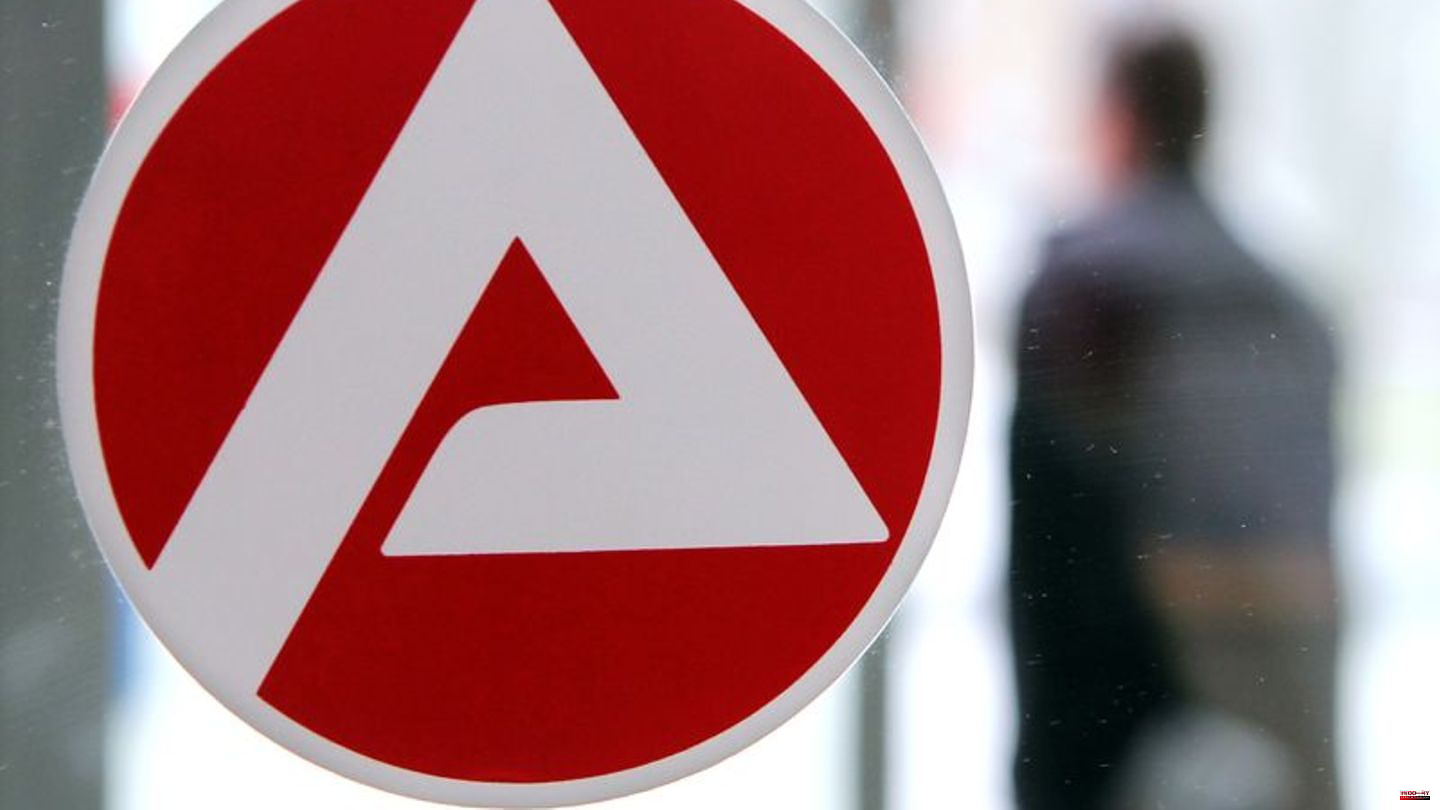Despite changes to the original government draft for the planned citizens' income, the introduction on January 1 is still on the brink. Several Union politicians reiterated their negative stance over the weekend.
CDU leader Friedrich Merz wrote on Twitter on Sunday: "The citizen who is initially responsible for himself is increasingly becoming a pension recipient with the citizen's allowance." Personal responsibility is not the focus of the reform, "but a paternalistic state that first takes and then gives part of it back," Merz continued.
Federal Labor Minister Hubertus Heil (SPD) promptly rejected the criticism and accused Merz of selfishness. "What does Friedrich Merz understand about personal responsibility? His motto is, if everyone thinks of themselves, everyone is thought of," said Heil at the SPD debate convention in Berlin. "Selfishness is not our way, that may be his." Low earners should not be played off against those in need, the minister warned. "It's about us using the citizen's income to ensure that people who are in existential need are reliably protected."
In the evening, Merz indicated in the ARD "Tagesthemen" that the Union could move a bit. He wanted to "take the edge off this discussion a bit" and will propose on Monday to the party executive of the CDU and the executive of the CDU/CSU parliamentary group "that we offer the federal government a binding decision by the German Bundestag this week about the to raise the standard rates". The rates that apply to the old Hartz IV system must be raised as soon as possible. That must be done by January 1 at the latest.
"And then we have to talk about this system change that is being made with this so-called citizen money," he said. Merz referred to the planned protective assets and waiting periods, with which the Union did not agree.
Less pressure on job seekers planned
According to the federal government's plans, the citizen's income is to replace the previous Hartz IV basic security on January 1st. The aim is to put those affected in a position to be able to concentrate more on further training and looking for work. They should be put under less pressure by the job center. The standard rates of basic security should also increase by around 50 euros per month.
Changes by the SPD, Greens and FDP factions to the original draft became known on Friday. They hoped to appease critics on the part of the CDU and CSU. But there were also rather opposite signals from the ranks of the CDU prime ministers.
CDU Prime Minister Michael Kretschmer announced that he wanted to block the reform. "The citizen's income in its current form is a mistake, and that's why we as the Free State of Saxony cannot agree to it," said Kretschmer on Saturday at a state party conference. He and his counterparts from the CDU and CSU could veto the Citizens Income Act in the Bundesrat. The next Federal Council meeting, where the topic will most likely be on the agenda, is scheduled for November 25th. Should there be a blockage there, the mediation committee would have to decide on the future of the project.
Traffic light suggestion for changes
The Mediation Committee is a body of the Bundestag and Bundesrat that is intended to find a consensus if laws passed by the Bundestag do not find a majority in the state chamber. Blocking citizen money could also affect the already tight schedule - and jeopardize the introduction on January 1st.
The improvements, with which the traffic light groups hope to change the Union's mind, mainly concern the two-year grace period - a kind of grace period for beneficiaries with milder regulations. It is now planned, for example, that the heating costs during this time should only be covered to an appropriate extent. The original government draft did not provide for a limit on the assumption of costs at this point. What has also changed is that benefit recipients can only move to a more expensive apartment during this time if the job center has given their prior approval. What is also new is that in future, in addition to declaring that they do not have significant assets, recipients of benefits will also have to enclose a self-assessment. This is also intended to prevent abuse of benefits, which politicians in the Union repeatedly warn about.
"Shabby attacks with wrong numbers"
The CDU member of the Bundestag Gitta Connemann described the adjustments as "cosmetic". In essence, the citizens' income is still a "departure from the principle of funding and demanding," said Connemann of the dpa. According to dpa information, the CDU federal executive board wants to discuss the topic again on Monday.
Traffic light politicians warned the Union not to spread "fake news". The Union leaves every "respect miserably lacking," said the Greens co-chairman Ricarda Lang of the editorial network Germany. "Not only does it carry out shabby attacks with false numbers on those entitled to benefits and low earners. It also threatens to stop the citizen's income, including protective assets and higher standard rates in the Federal Council." It would be an expression of responsibility to agree to the project, the Greens leader appealed.
The Social Association Germany (SoVD) also warned of the failure of citizen income. Threatening a blockade is "indecent," said SoVD CEO Michaela Engelmeier. "In the crisis, everyone who has little needs support." In any case, the citizens' income must come by January 1st.












